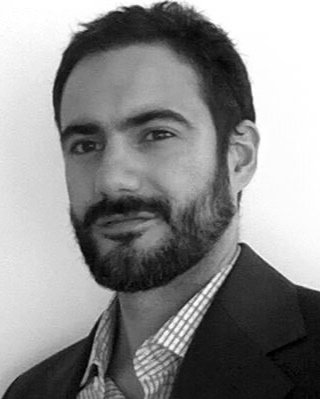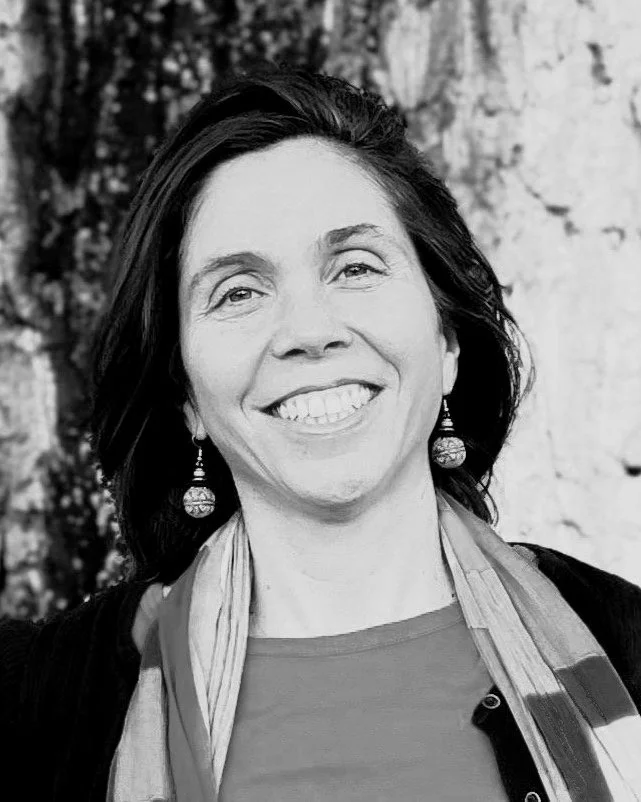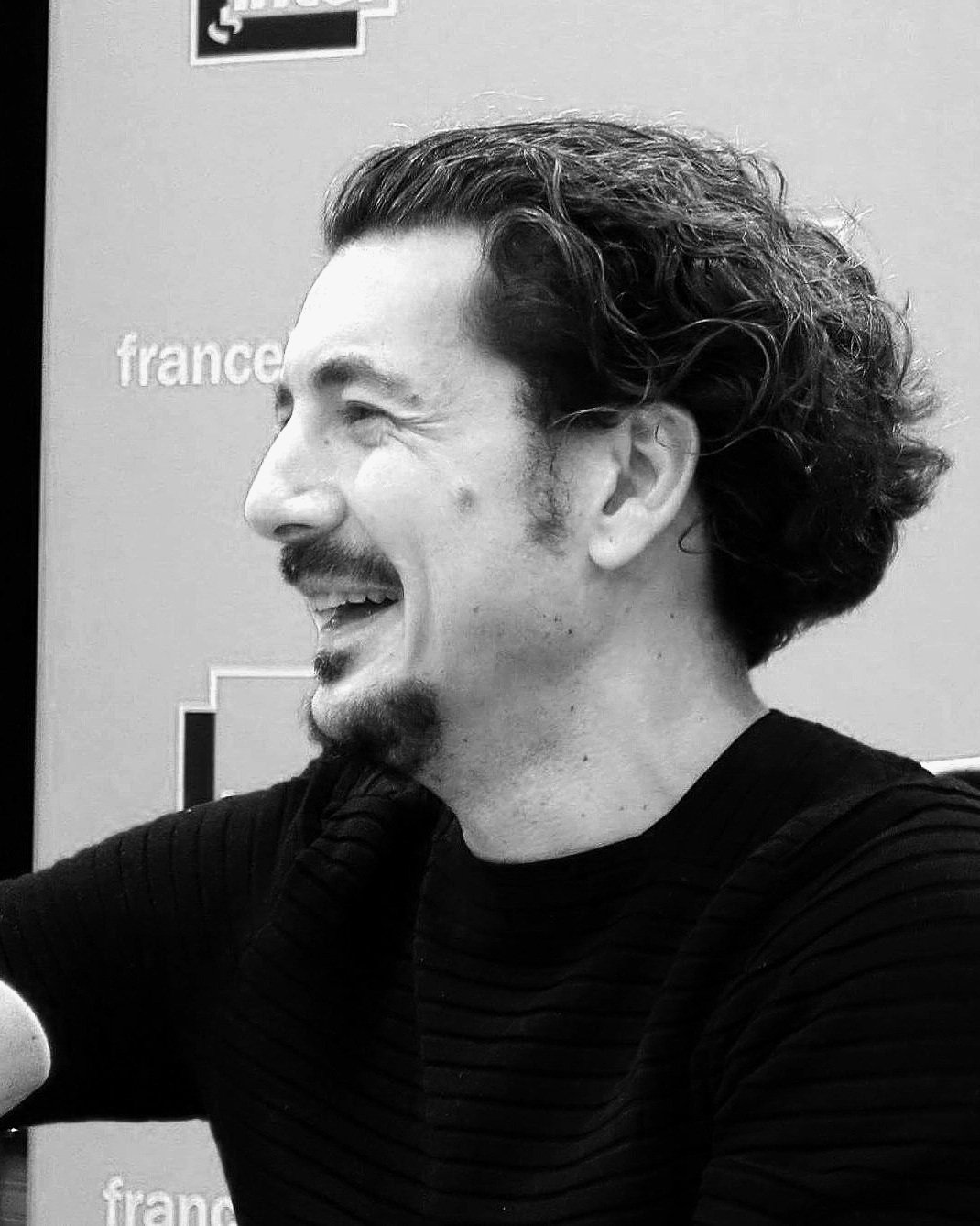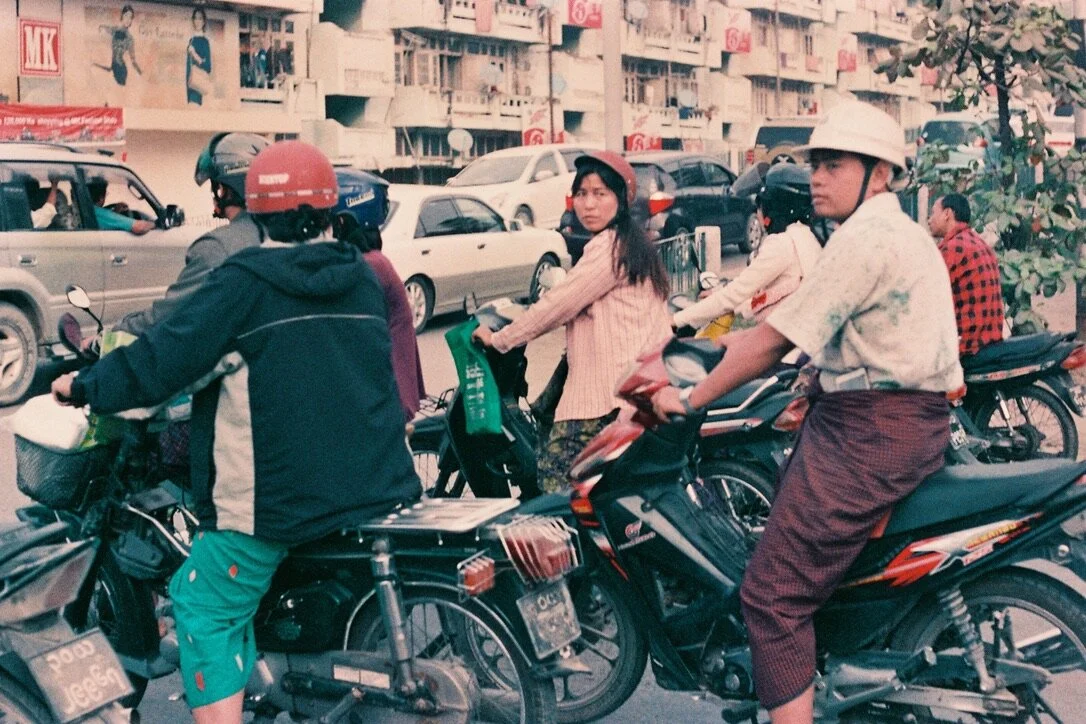Mahmoud is a strategic planning and design processes facilitator with expertise in collaborative leadership development, building social energy and community mobilization. Mahmoud currently lives in Brussels and manages his consultancy PLAYMAKER, which develops common spaces about re-development, peace building and community capital with/without geography. He is also co-founder of Syria Initiative (part of Common Space Initiative) in Beirut that aims to empower local peace builder networks.
Miguel Leroy
Miguel is local development and public affairs expert. Member of the staff of the Senate in France for many years, he is himself today a local elected representative from regional institutions (Mayor and President of a community of communes). Miguel worked as director of development in the waste, recycling and energy sector. Particularly interested to the involvement of local actors in the humanitarian aid decision making, Miguel has decided to join the IARAN because he is passionate about collaborative design, he believes in the strength of collective intelligence and because of his strong desire to contribute to the raise of a new aid paradigm.
Marie-Rose Romain Murphy
Marie-Rose is the Founder of ESPWA, Inc. (Economic Stimulus Projects for Work and Action-acronym means hope in Haitian Creole), a transnational organization and a Haitian leadership network. She’s the Co-Founder of the Haiti Community Foundation (Haiti’s first community foundation). She’s also the Founder and President of RMC, a management and strategy consulting firm. A multilingual professional with US and international experience, she has over 25 years of experience and a strong track record in community development, humanitarian projects and initiatives, philanthropy, marketing, executive leadership, social entrepreneurship and consulting. Her core interest is the creation of viable and sustainable pathways of development for low-income individuals, marginalized communities and developing countries. Over the course of her career, Marie-Rose has worked as a project manager, an executive director, a deputy director and a consultant for local, regional, national and international organizations.
Giulio Coppi
Giulio is currently the Digital Specialist (ICT4P) in support of Norwegian Refugee Council operations worldwide, and Humanitarian Innovation Fellow at the Institute of International Humanitarian Affairs at Fordham University in NYC. Giulio has worked with humanitarian and human rights organizations for over 10 years, covering both field and HQ positions. He founded and leads an initiative for Open Source humanitarian Technology, and he is the promoter of the Humanitarian Blockchain Summit, currently at its second edition.
Guilio joined IARAN because of an interest in joining a community of forward looking humanitarians, and engaging in a critical discussion on the future of the humanitarian sector beyond the mandate of a specific organization
Mariana Merelo Lobo
Mariana is a humanitarian and development practitioner with specific expertise in collaborative leadership development, action learning, coaching and facilitation of groups and individuals. An accredited Associate of the Partnership Brokers association, Mariana combines over 15 years’ experience working with international humanitarian organisations in a variety of settings. She currently lives in the Netherlands, with her husband and two children.
Mariana joined the IARAN fellowship because of a passion for humanitarian futures and a belief that the humanitarian collaborative practice needs to be ‘re-sourced’ beyond its existing paradigm. Mariana is also very keen to explore how her own experience and expertise can be put into action, together with other complementary sets of talents and passions.
Francois Bourse
François is is the Director of studies at Futuribles, a Paris based international, independent, private non-profit organization network on future studies that we have worked with in the past. He is also an Associate Professor at Cnam, a member of the innovation teaching team, the Research Chair of prospective and sustainable development.
Matt Twilley
Matt is a Senior Business Leader with a wealth of experience in technology and corporate life. He is very focused on business solutions that make an impact for clients and uses the same mantra when working with the humanitarian sector.
He left the British Army in 1996 to learn how to be a civilian taking on various jobs including, Barman, Airline Steward, Hotel Concierge, Food & Beverage Manager and a Driving School Manager. Matt joined Vodafone as Learning & Development Manager in 2007. Ten years later, he was Vodafone’s Head of Consulting and Innovation for Middle East and Africa.
Matt became a IARAN Fellow, because he is passionate about making a real difference. He wants to bring in the private sector angle to NGO strategic thinking and use his background of consulting and innovation to support futures preparation.
Michel Maietta
Michel is a strategic foresight professional with two decades of experience in the humanitarian and development sector. With a rich background as the former Director of Strategy at Save the Children International and Action Against Hunger, he now spearheads the Inter-Agency Research and Analysis Network (IARAN).
Michel's passion for education shines through in his decade-long commitment to designing and delivering cutting-edge training courses for humanitarian and development leaders. He shares his expertise at renowned institutions such as Science Po, Paris-Saclay, Deakin, and Federico II Universities, as well as at the Futuribles and IRIS Think Tanks. In addition, Michel serves as the Chair of the Ukraine Emergency Committee at the Fondation de France.
When he's not crafting bespoke foresight projects, Michel is at the helm of strategic and transformational initiatives, driving impactful change in the sector.





















